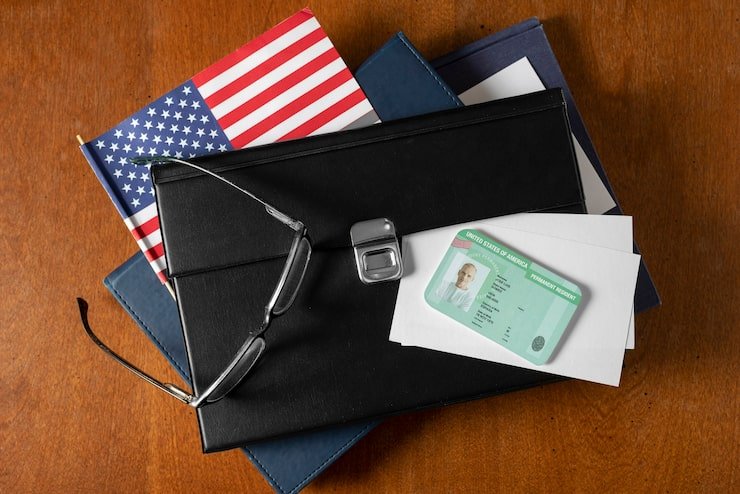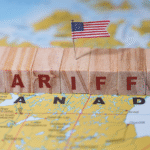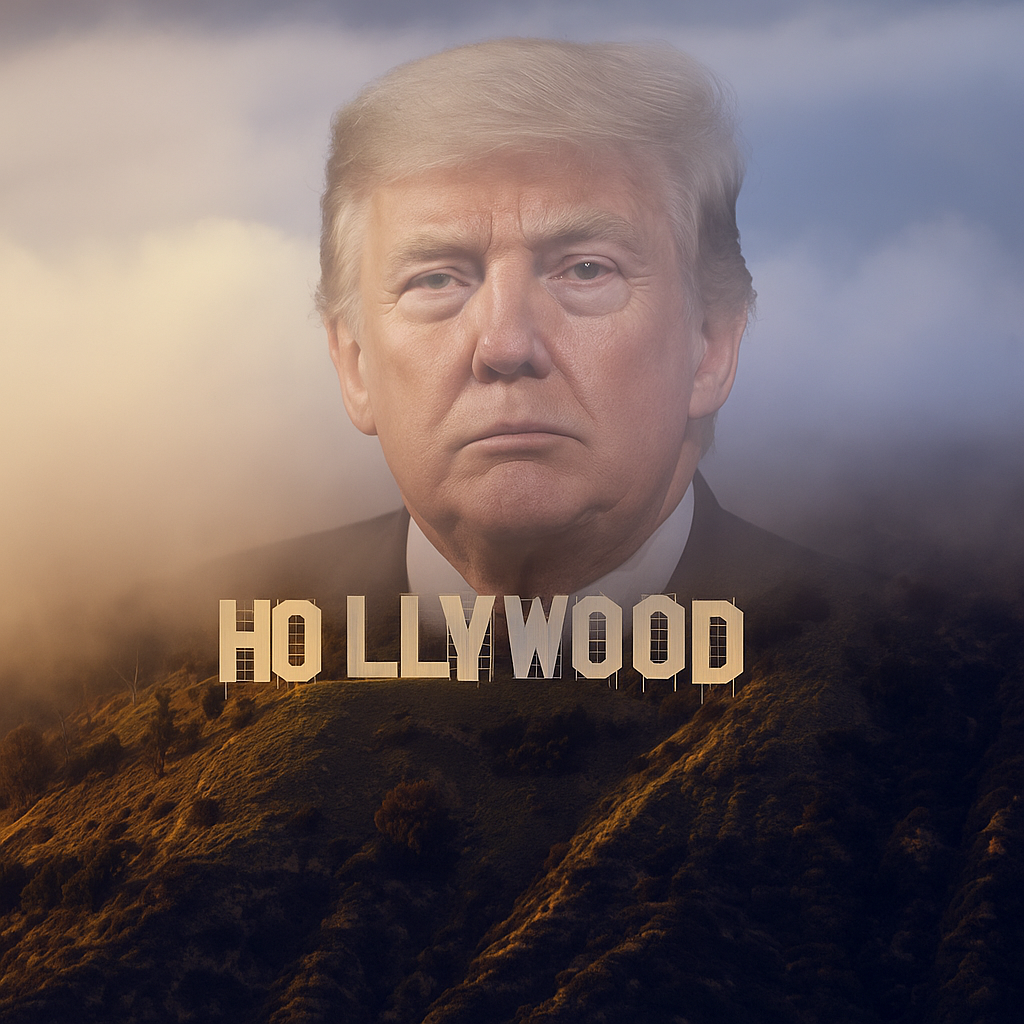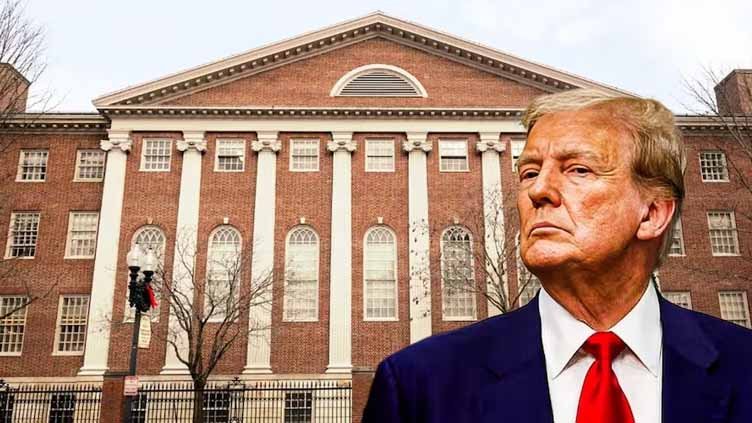Mahmoud Khalil Demands $20M from Trump Administration Over Immigration Detention
Pro-Palestinian Activist Seeks Justice After 100 Days in Custody
Mahmoud Khalil Demands $20M in damages from the Trump administration, claiming his 100-day detention was politically driven. Khalil, a 30-year-old Palestinian-American and student at Columbia University, says that officials went after him because he supports Palestinian rights.
Legal Claim Filed Against DHS and State Department
Khalil’s lawyers filed a formal complaint with the U.S. Departments of Homeland Security (DHS) and State on Thursday. Under federal law, this is the first step that must be taken before filing a lawsuit. Now, government officials have six months to answer.
Trump Administration Defends Action
A DHS spokesperson called Khalil’s claim “absurd,” arguing the administration acted within its legal authority. Immigration agents arrested Khalil in March, alleging that his activism harmed U.S.-Israel relations. Authorities tried to deport him during his three-month detention.
Khalil’s Legal Victory in Court
Khalil’s lawyers said that his detention was against his constitutional rights, especially the First Amendment. Pro-Palestinian and civil rights groups all over the country paid attention to his case. They said that the government was punishing Khalil for speaking out against the government instead of breaking the law.
In June, U.S. District Judge Michael Farbiarz decided in Khalil’s favor and let him go free on bail. The judge said that the Trump administration had violated Khalil’s right to free speech.
Khalil Open to Apology Over Payment
Although Khalil seeks $20 million in compensation, he says he would drop the demand if the government offered a formal apology and pledged not to target individuals based on political beliefs. “Trump only understands the language of money,” Khalil told Reuters, expressing his frustration.
Broader Political Context
Former President Trump has frequently labeled pro-Palestinian protests as antisemitic. He also vowed to deport foreign students who participate. Khalil became the first known target under that policy. His case has intensified debates about political dissent, freedom of speech, and immigration enforcement in the U.S.











